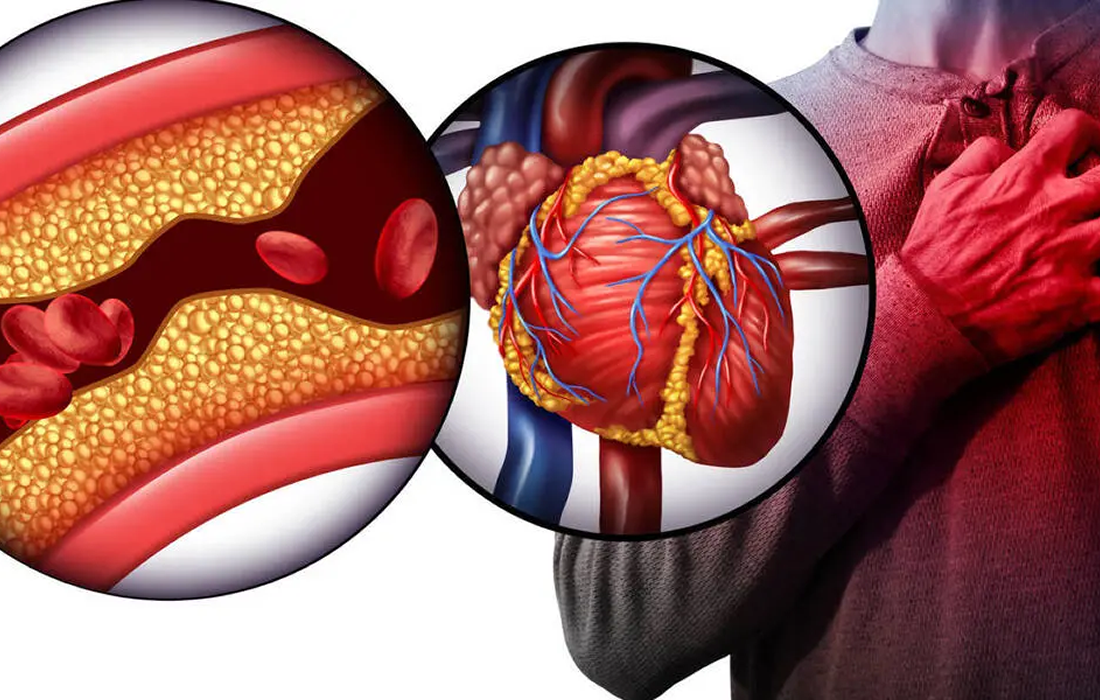Regenerative Medicine News and General Information
Promising New Treatment for Control Cholesterol Levels
The identification of nitric oxide (NO) as endothelium-derived relaxing factor ushered in the modern era of vascular biology; yet, the medical promise of NO in cardiovascular disease, the most common cause of death in the developed world, remains largely unrealized. While NO bioactivity reduces cardiovascular risk through combined effects on endothelial function, blood pressure, and diabetes, NO has seemingly little impact on the serum lipoproteins that are primary drivers of the atherogenic process and of disease progression.
After statins, the next leading class of medications for managing cholesterol are PCSK9 inhibitors. These highly effective agents help the body pull excess cholesterol from the blood, but unlike statins, which are available as oral agents, PCSK9 inhibitors can only be administered as shots, creating barriers to their use.
Inhibition of PCSK9 by an NO-based drug is dependent on nitrosylase activity, and pharmacological inhibition of SCoR2 phenocopies the PCSK9-mediated reduction in cholesterol observed in SCoR2-deficient mice. These results define enzymes controlling cholesterol levels through S-nitrosylation, broaden NO’s horizon in reducing cardiovascular risk, and suggest an alternative treatment strategy for cardiovascular disease.
New oral drug for lowering cholesterol
A new study from investigators at University Hospitals (UH) and Case Western Reserve University School of Medicine describes an orally administered small-molecule drug that reduces PCSK9 levels and lowers cholesterol in animal models by 70%.
Study Findings
Central to cholesterol regulation are LDL receptors, which sit at the surface of liver cells and remove cholesterol from the blood, thereby lowering serum levels. PCSK9 in the bloodstream controls the number of LDL receptors by marking them for degradation. Therefore, agents that inhibit PCSK9 increase the number of LDL receptors that remove cholesterol.
Nitric oxide is a molecule that is known to prevent heart attacks by dilating blood vessels. In the new study, Stamler and colleagues show that nitric oxide can also target and inhibit PCSK9, thus lowering cholesterol. They identify a small molecule drug that functions to increase nitric oxide inactivation of PCSK9. Mice treated with the drug display a 70% reduction in LDL “bad” cholesterol.
PCSK9 is effectively preventing your lymphocytes from recognizing cancer cells. So, if you inhibit PCSK9, you can boost the body’s cancer surveillance. There may be an opportunity one day to apply these new drugs to that need.
SOURCE:
Colin T. Stomberski, Nicholas M. Venetos, Hua-Lin Zhou, Zhaoxia Qian, Bryce R. Collison, Seth J. Field, Richard T. Premont, Jonathan S. Stamler (October 25, 2022). A multienzyme S-nitrosylation cascade regulates cholesterol homeostasis. Cell Reports. Retrieved from : https://www.cell.com/cell-reports/fulltext/S2211-1247(22)01394-8?_returnURL=https%3A%2F%2Flinkinghub.elsevier.com%2Fretrieve%2Fpii%2FS2211124722013948%3Fshowall%3Dtrue
IMAGE:

